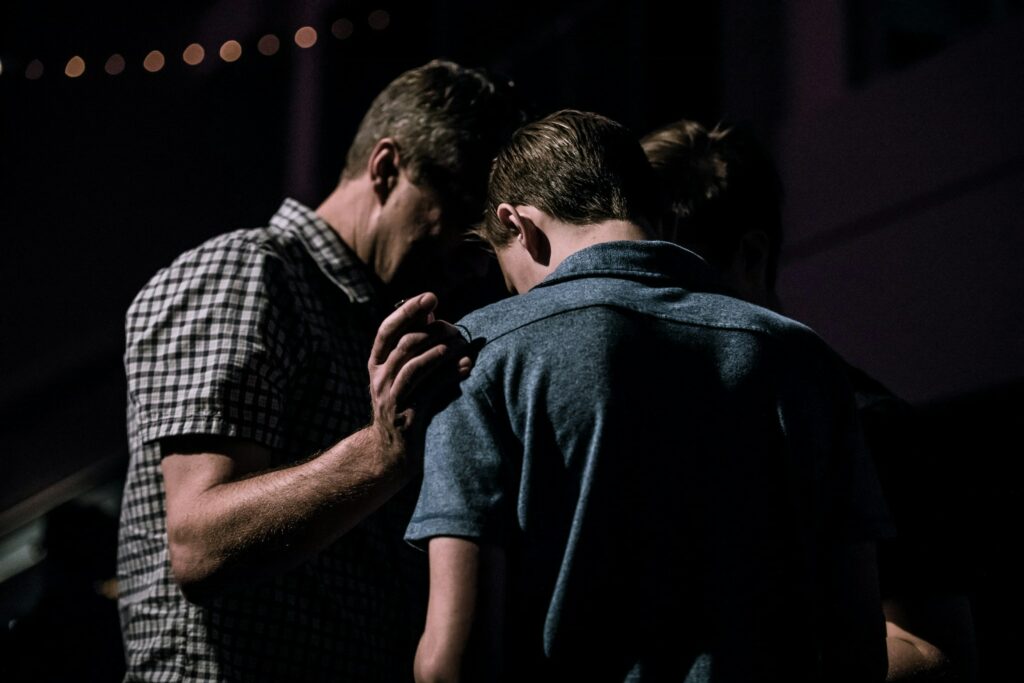Grief can be a deeply isolating experience, making individuals feel disconnected from the world around them. However, finding community support during grief can be a transformative part of the healing process. In this blog post, we’ll explore the importance of community support, practical ways to connect with others, and how…
First responders—firefighters, paramedics, police officers, and emergency personnel—face unique challenges daily, often working under immense pressure in life-threatening situations. The emotional and physical toll of their work puts them at higher risk for burnout, a state of chronic exhaustion that can lead to serious mental health issues. In this post,…
Empathy is the foundation of any healthy relationship. It enables partners to understand and connect with each other’s emotions, leading to stronger communication and a deeper bond. In today’s world, where stress and distractions are common, practicing empathy can significantly improve your relationship. In this post, we will explore why…
Living with ADHD (Attention Deficit Hyperactivity Disorder) can make daily tasks feel overwhelming, but one of the most effective strategies for managing ADHD symptoms is creating and sticking to a routine. A well-structured routine helps provide clarity, reduces decision fatigue, and improves focus and organization. In this post, we’ll explore…
In many cultures, men are often expected to embody strength, stoicism, and resilience, while vulnerability is seen as a weakness. This societal pressure can lead men to suppress their emotions, significantly affecting their mental health. But vulnerability is not a weakness—it’s a profound source of strength. In this blog, we’ll…
In our busy, modern lives, it’s easy to get caught up in the demands of work, relationships, and personal obligations, often neglecting our own needs in the process. However, setting boundaries is not just an act of self-care—it’s a vital component of mental well-being. Without clear limits, we risk experiencing…
Grief is not a straightforward or linear journey. It’s a complex emotional process that may include feelings of sadness, anger, confusion, guilt, and even relief. Although many people are familiar with the stages of grief—denial, anger, bargaining, depression, and acceptance—it’s important to note that these stages are not experienced in…
Trust is often considered the cornerstone of any healthy relationship. It forms the foundation for emotional intimacy, effective communication, and long-term stability. When trust is present, partners feel secure, valued, and supported. Conversely, the absence of trust can lead to insecurity, conflict, and, ultimately, the breakdown of a relationship. In…
First responders—police officers, firefighters, paramedics, and emergency medical professionals—are routinely exposed to traumatic events that most people will never experience in their lifetimes. From life-threatening emergencies to witnessing profound loss, the mental and emotional toll on these professionals can be immense. This is where peer support becomes critical. Connecting with…
Living with ADHD (Attention Deficit Hyperactivity Disorder) presents unique challenges, particularly when it comes to staying organized. Disorganization, forgetfulness, and difficulty focusing can lead to missed deadlines, frustration, and feelings of overwhelm. However, with the right strategies, individuals with ADHD can create effective systems for organization that empower them to…









